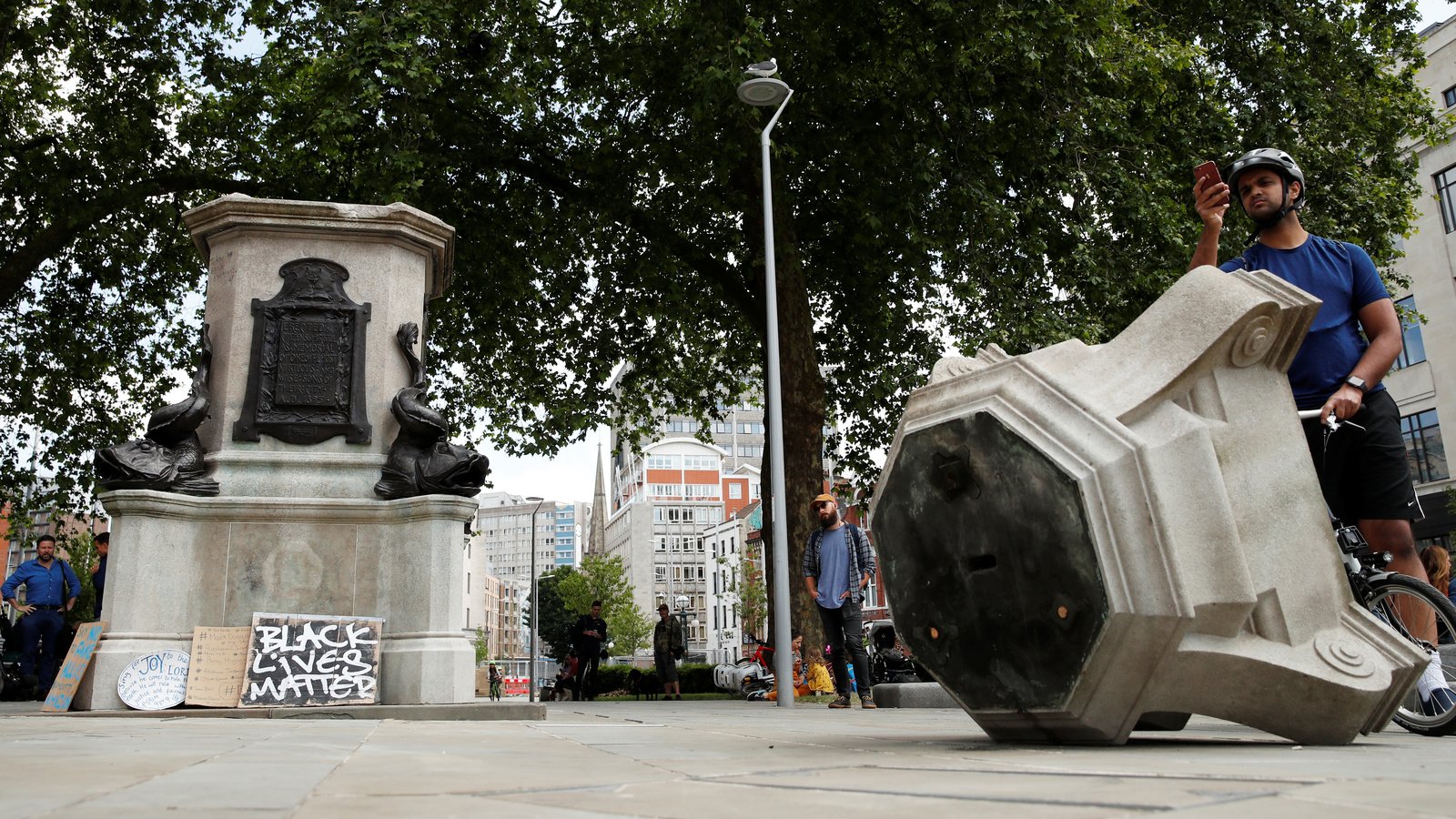The movement against anti-Black racism has made reparations an important element of the conversation on race relations, both in the United States and in Europe.
Georgetown University in Washington, D.C., for example, sold slaves it owned to plantations in Louisiana in 1838, and the founders of Brown University, established in 1764, were involved in the slave trade. Both Georgetown and Brown, as well as other U.S. institutions of higher-learning, established funds or sought to raise money for various initiatives to address their role in profiting from slavery. Identifying those institutions that profited or benefited from slavery is an important first step in then calling for these institutions to provide reparations. But, often in the United States those institutions and companies still in existence that participated in slavery are identified after self-led, internal initiatives, as was the case for Georgetown and Brown.
In the United Kingdom, identifying beneficiaries of slavery may be easier, thanks to Legacies of British Slave-ownership project at University College London. When it abolished slavery throughout the British empire in 1833 (after abolishing the slave trade in 1807), the British government paid compensation to the owners of the freed slaves. Records of the amounts paid and to which companies, individuals, and institutions have survived and are now accessible.
Two of those beneficiaries were the insurance giant Lloyd’s of London and the brewer Greene King, identified by university researchers. Their link to profits from slavery were via their founders and early leaders. Both companies have announced initiatives to address their role in slavery and public scrutiny and public opinion may drive other such companies to follow suite.
Neither Lloyd’s nor Greene King has announced the details or the cost. However, it appears that reparations will involve affirmative action and support for certain non-governmental organization working for racial equality. Though the ostensible beneficiaries of these programs will be in United Kingdom, the victims were often slaves owned thousands of miles away on estates and plantations in British colonies in the Caribbean. Why not privately funded development initiatives in Dominica, Montserrat, and St. Kitts, for example, from Lloyd’s and Greene King?
With added public scrutiny and pressure, it is likely that links to slavery of more and more companies and institutions will come to light. These companies will take the first steps toward addressing the ill-gotten wealth from which they benefited. In making amends, they should not lose sight of who suffered from slavery and colonialism. In the United States, they are primarily Black Americans and Native Americans. In the United Kingdom, and elsewhere in Europe, they consist of people—including those who are descendants of slaves—in post-colonial states, many of which still suffer from their calamitous experience with European colonialism.
